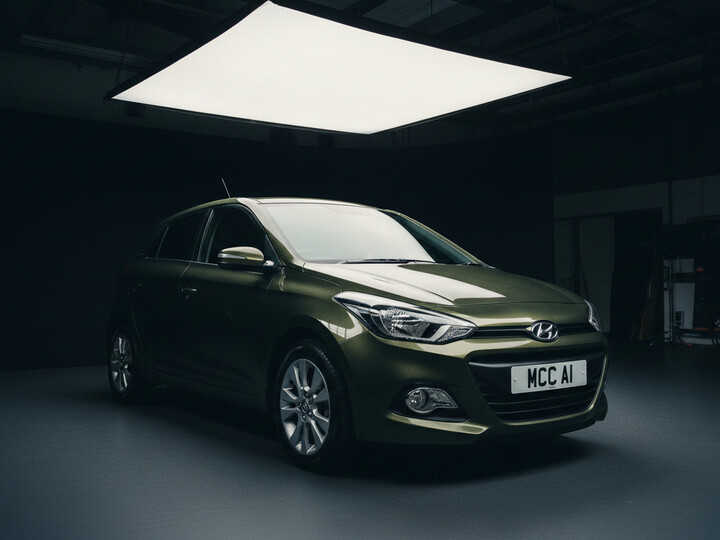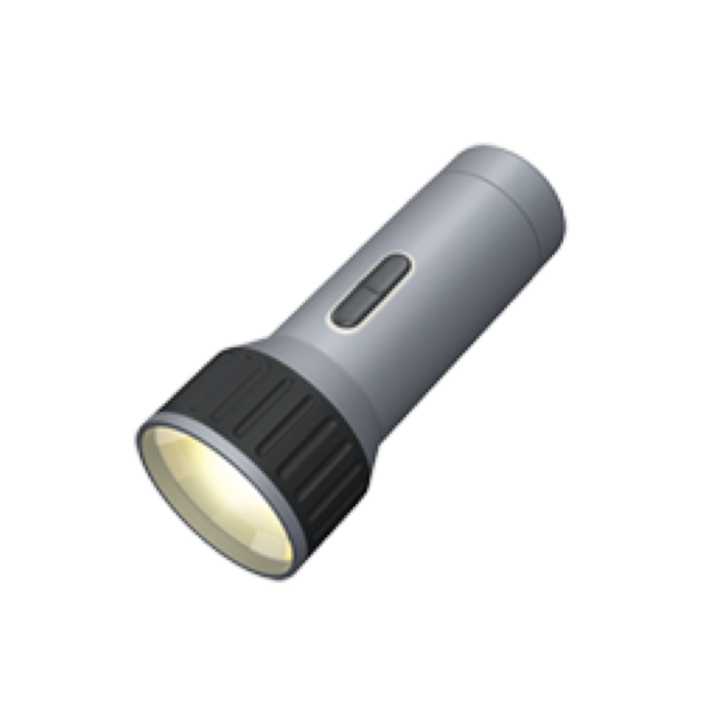HYUNDAI I20 (2014-18) 3DR COUPE 1.0 T-GDI SS 100 EU6 SPORT NAV

Buyer's Guide & Data from our Checks
The Hyundai i20 (2014-18) 3dr Coupe 1.0 T-GDI SS 100 EU6 Sport Nav is a compact city car known for its stylish design and practicality. It fits well into the hatchback segment, making it a popular choice among urban drivers and small families in the UK. Its sporty coupe appearance offers a more dynamic look compared to typical hatchbacks, appealing to those who want a car that combines style with everyday usability.
Mycarcheck.com data shows a modest sample size for this model, with six distinct VINs and 17 lookups since 2021. The average private sale value is around £8,600, with most cars having recorded mileages close to 25,000 miles—indicating a relatively low-use vehicle. Typically, owners tend to keep the car for about two to three years, often with two or three previous keepers, highlighting its appeal to second or third car buyers.
What makes the Hyundai i20 Coupe stand out is its excellent fuel economy, reliability, and features like the Sport Nav trim, which adds modern tech and comfort. It’s best suited for city commuting, first-time drivers, or small families looking for a stylish, affordable, and dependable car. Compared to rivals, the i20 combines a good balance of features, efficiency, and design, making it a well-regarded choice in its class.
Key Findings
The following statistics are drawn from our checks of 6 different vehicles, run between May 12th 2021 and December 31st 2025. These real-world insights provide context for this vehicle's place in the market, as well as its typical usage.
17
Lookups
Lookups
0
Hidden Histories
Hidden Histories
29k
Average Mileage
Average Mileage
£8,600
Average Valuation
Average Valuation












